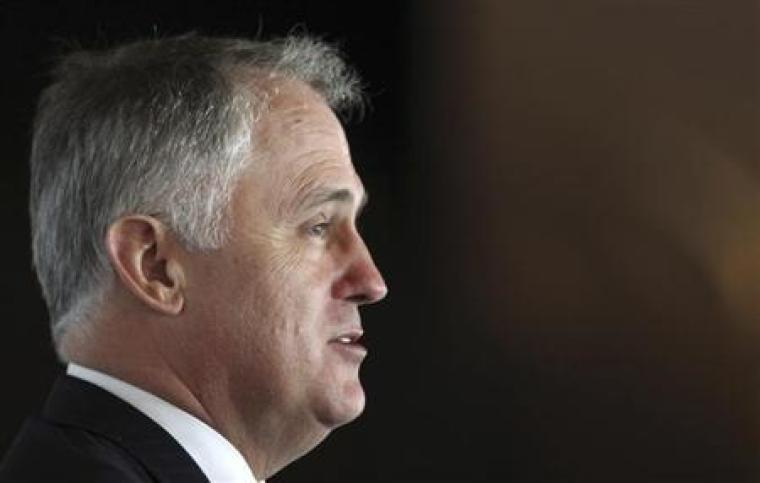

Communications Minister Malcolm Turnbull was swift in his response to the cries of "internet filter" that surfaced after the Liberal Party's online piracy plan was announced on Wednesday. Mr Turnbull's parliamentary office published a letter to the Australian public on its website on Thursday, asserting that the use of the term "filter" to describe the Party's policy stance was "wrong".
The former Liberal leader might have been dealing with a heavy case of déjà vu this week, after he retracted his party's pre-election "Policy To Enhance Online Safety of Children" in 2013—five hours after it came to the public's attention. On that occasion he explained, "mistakes happen", and in his official statement on Thursday, Mr Turnbull wrote of "very important legal and technical distinctions" between his proposal and an internet filter:
"The Government's proposal instead allows rights owners to go to court to have overseas hosted websites whose purpose is to facilitate online copyright infringement blocked, without the lengthy and costly process of proving an ISP has authorised infringement. Unlike an internet filter, the process would be transparent and independent of government as it would be a decision of a court with all the protections of due process."
Mr Turnbull's statement further explains that the proposed process provides for final decisions to be determined by a judge in a court of law, distinguishing it from "an algorithm in the software operating a router."
The statement from the member for the New South Wales seat of Wentworth also acknowledges the major concerns of those wary of the policy. Mr Turnbull refers to questions over the possibility of a slower Internet and the risk of innocent sites being blocked as "important consequences". But, he also reminds the public that the current federal Copyright Act already empowers right holders to seek injunctions against websites that infringe upon their revenue stream.
In terms of effectiveness, Mr Turnbull cites the examples of the United Kingdom and Ireland, where the policies are still active, as proof that the proposed blocking techniques actually work. The display of conviction belies the minister's comments close to 15 months ago, when he insisted that such mechanisms merely provide a "false sense of security" because of the accessible options for users to get around blocks.
A review of the online comments since Wednesday show that the awareness among Australian of virtual private networks (VPN), one of the key tools available to users who want to access blacklisted sites, is widespread. On the Australian Gizmodo site, one reader posted a link to a March 2013 article that lists the top five VPN providers available in Australia at the time. Another promotes the VPN they are already subscribed to, which now has an Australian-based server. However, the assistant secretary of the Attorney-General's Department warned on Thursday that file sharers using VPNs to mask their IP addresses may be caught in the future with new technology.
Mr Turnbull concludes his statement by reminding readers, "No-one should condone commercial gain from supporting copyright infringement", and describes a "transparent mechanism" in contrast to the accusations he was addressing. While the government waits to see if ISPs and rights holders will devise a code by April 8, 2015, the Australian people will also need to wait—until at least the end of 2015—to see whether the warnings of "collateral damage" eventuate.